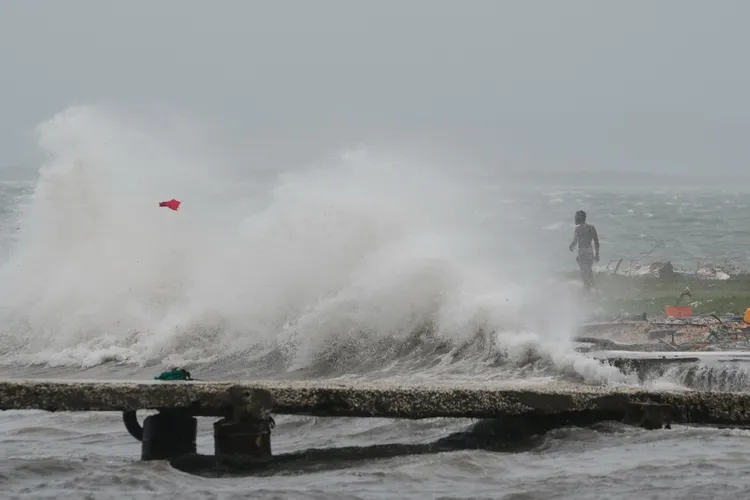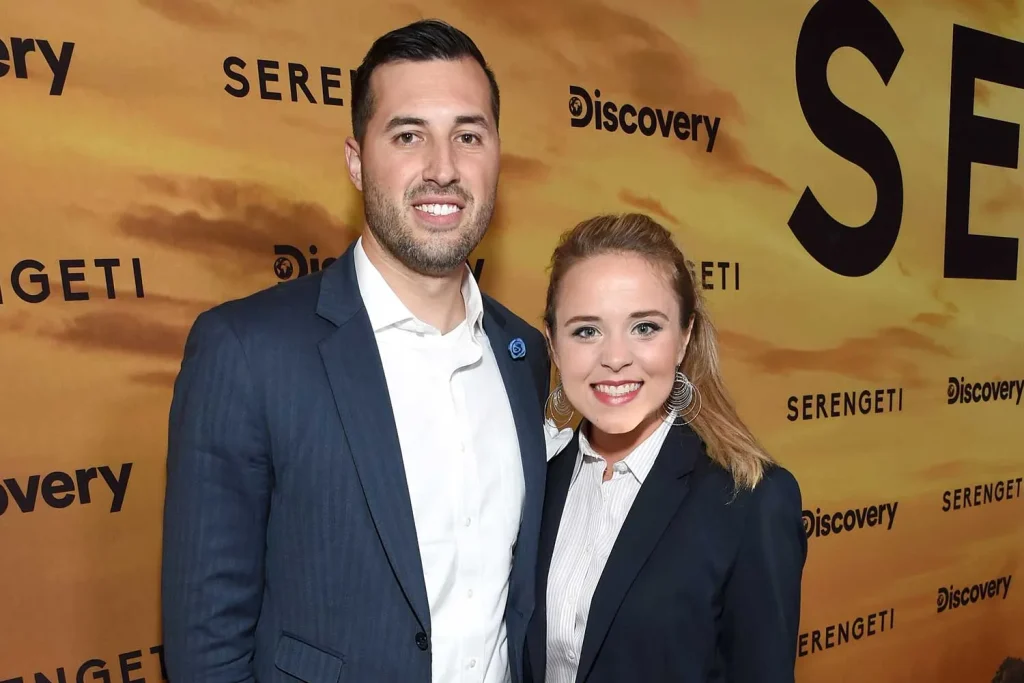Make a Real Difference: Supporting Victims and Communities Impacted by Hurricane Melissa
When you look at images of battered rooftops, flooded streets and families pulled from the wreckage of Hurricane Melissa, you feel the urgent need to act. In late October 2025 this devastating Category 5 storm made landfall with ferocious winds of up to 185 mph in Jamaica, then barreled toward Cuba, leaving destruction and disruption in its wake. For the thousands of people now picking up the pieces of their lives, help from across the world matters. The question is: how can we help in a way that is effective, compassionate and lasting?
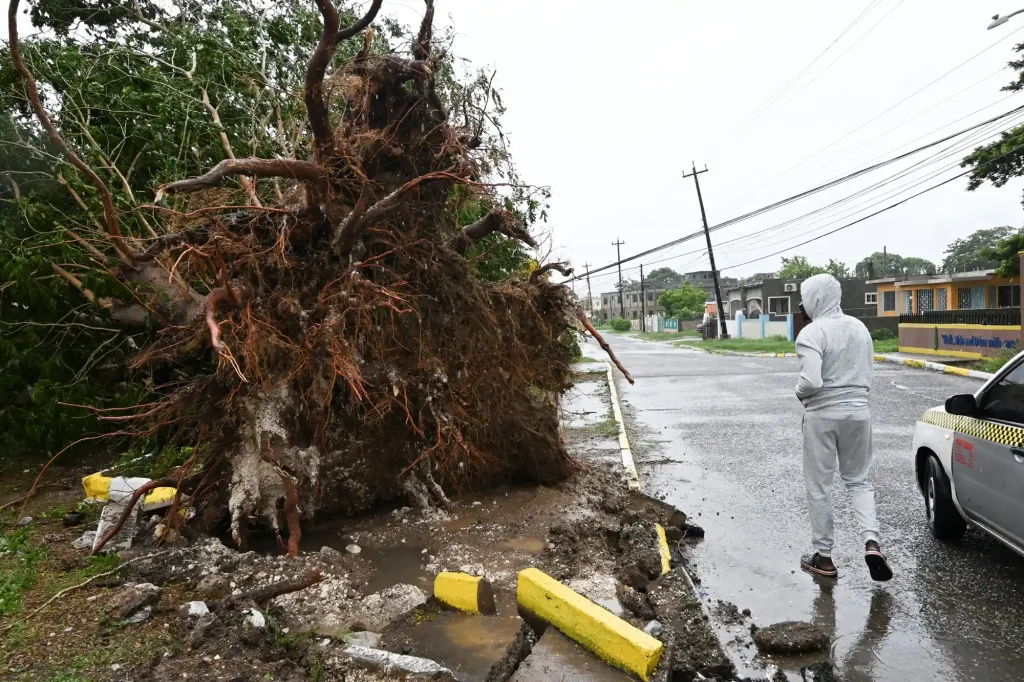
It’s tempting in the wake of disaster to want to pack a suitcase, buy a truckload of goods, perhaps head to the scene and roll up your sleeves. But in this case, relief coordinators stress that the most helpful thing is simple: funds. Cash allows local experts to direct resources where they’re needed most — whether that’s clean water, shelter, medical support or removing debris. The international aid groups already on the scene experienced this in past disasters and understand that unsolicited goods can clog up logistics and slow down the entire process.
The backup of this logic becomes clear when reading about the many organisations responding. For example, Project HOPE has deployed a team to Jamaica to handle urgent health, hygiene and mental-health needs in the wake of Melissa’s flood and wind damage. GiveDirectly is already sending cash assistance directly to hundreds of affected families — allowing them to make choices, keep dignity and meet their most urgent needs. Meanwhile, The Red Cross has mobilised volunteers, opened shelters and pre-positioned relief kits in Jamaica and other islands to prepare for and respond when the storm hit.
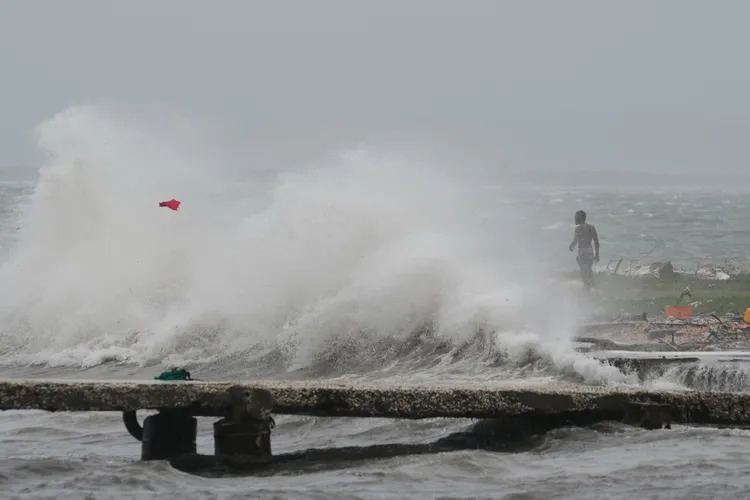
When I think of the people impacted by this storm, I think of homes lost in a flash, livelihoods wrecked, children uprooted from schools and elderly neighbours cut off by floods. In places like Jamaica, where Melissa made landfall as the strongest storm the island had ever seen, the damage isn’t just physical. It’s emotional, it’s economic, and it will take months if not years to fully heal. That’s exactly why helping doesn’t stop at immediate relief — the long road of rebuilding matters just as much.
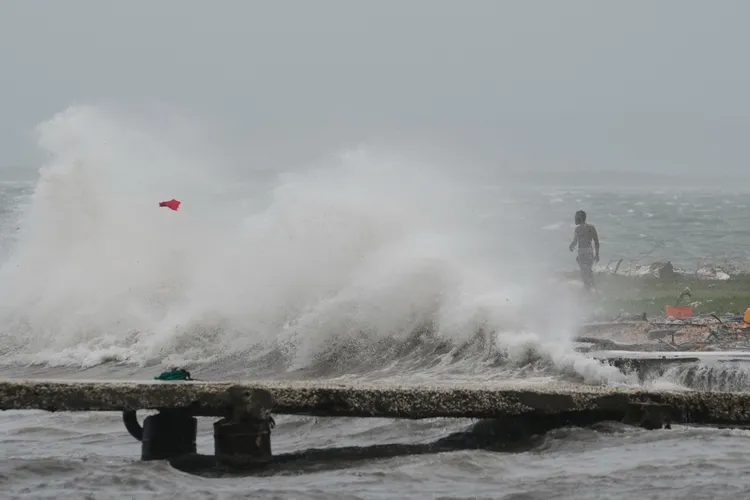
So what can you do today? First, consider donating cash rather than physical items, and choose organisations whose work you trust (look for transparency, communication and accountability). Second, stay informed: follow updates from reliable sources about how recovery is going, what new needs are emerging and where resources are being stretched. Third, if you are a skilled volunteer and travel is feasible (and safe!), liaise only with established relief groups on the ground who are coordinating the response — random “voluntourism” can sometimes hinder rather than help. And finally, keep the affected communities in mind for the long haul: recovery doesn’t end when the headlines fade.
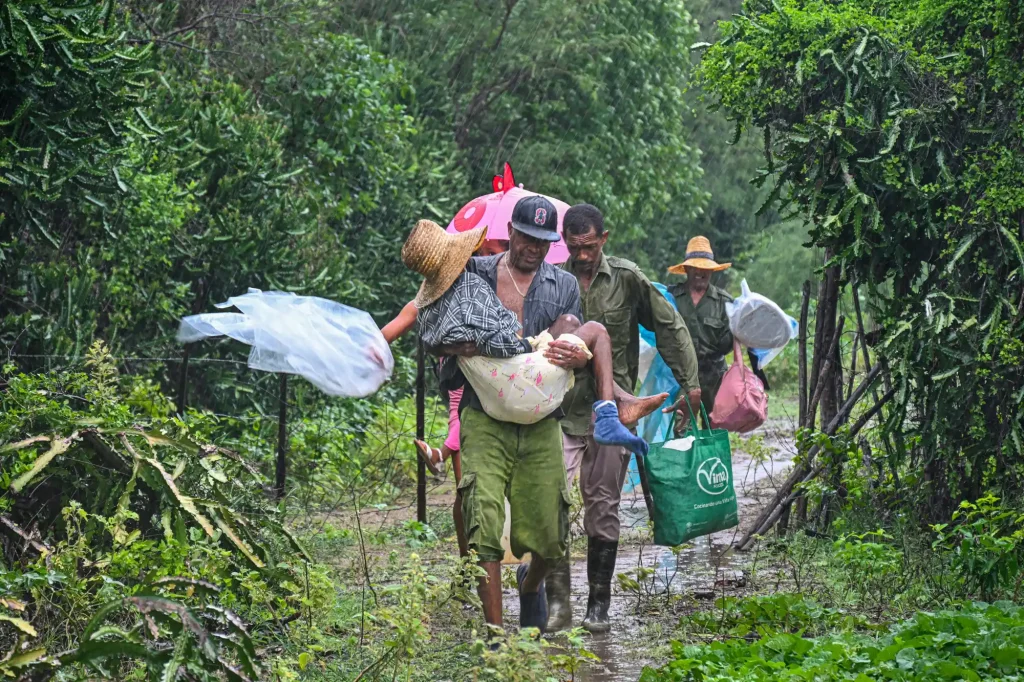
For someone like me reading this story from thousands of miles away, the lesson is clear: we’re all connected. A storm like Melissa doesn’t just affect one island — it ripples out. Helping is more than register-clicks and hashtags. It’s action backed by empathy and guided by what those in crisis truly need. When you donate a trusted fund, you’re not just giving money — you’re offering someone the chance to cook a meal on the first night after the storm, to sleep under a safe roof, or to replace the water filtration system that kept their family healthy.
Let’s make a promise to the survivors: you’re not invisible. The world sees you. We may never fully know the names behind each story, but every contribution — large or small — adds up. Let this be more than a moment of crisis. Let it be the spark of sustained support, kindness and solidarity.
